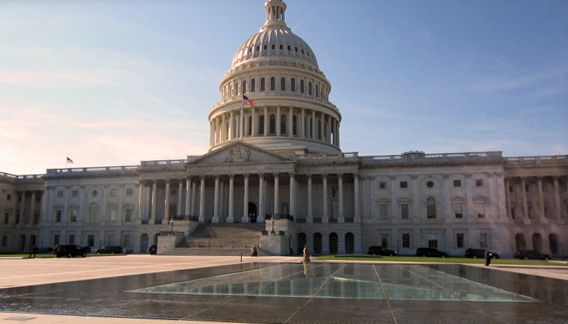At a local level, the rising cost of electricity, whatever the cause, will result in severe economic pressures.
What’s important to realize is that 70 percent of our economy is based on consumer spending. “If people no more money, they no can spend.”
It all relates to costs.
See these Honolulu Star-Advertiser articles on the subject:
Geothermal power production could double
Hawaiian Electric Light Co. wants to tap more of the Earth’s power for electricity
By Alan Yonan Jr.
POSTED: 01:30 a.m. HST, Jan 07, 2012
Officials from Hawaiian Electric Light Co. said Friday they will soon seek regulatory approval to more than double the amount of geothermal power produced on Hawaii island in a move that could provide some relief for residential utility customers, who pay the highest electric rates in the state…. Read more
and
Keep close eye on geothermal funds
POSTED: 01:30 a.m. HST, Jan 07, 2012
Hawaii has been touted as an ideal laboratory for the development of renewable energy that’s bound up in its wind, seas and sunshine. It’s the southernmost island in the chain, however, that may be the most richly endowed overall, and the most promising resource of all is the one that’s buried far beneath the surface…. Read more
Having attended four Peak Oil conferences now, I have seen that Jeff Rubin is one of the credible commentators on the world oil situation. His comments are especially relevant to the discussion about rising oil prices in Hawai‘i today.
Audio of Jeff Rubin’s talk at the most recent ASPO conference.
From his blog:
…The real story behind triple digit oil prices is not the threat of supply shocks, but the sheer, unrelenting rise in world oil demand. Already closing in on 90 million barrels a day, the quick rebound in world oil consumption to new record highs demonstrates the global economy can’t grow without burning greater amounts of oil.
No matter how many rabbits the oil industry can pull out of its hat, be it tar sands from Alberta or shale oil from the Bakkens, supply just can’t seem to keep pace – at least not at the prices most consumers can afford to pay. That is the message that triple digit prices keeps telling us.
If the global economic expansion, troubled as it may be, continues, we will see even higher oil prices in 2012. But what does that say about the sustainability of growth?
And even if there is growth, what is the pace? Read the whole post here.
Jeff Rubin explains why he quit his job as Chief Economist at CIBC World Markets. In Hawai‘i, we call it kuleana.
After twenty years as Chief Economist for a North American investment bank, it was time for me to seek a larger audience for the story I needed to tell.
My predictions of steadily rising oil prices over the last decade, including my call for $100-per-barrel oil by 2007, had flown in the face of conventional wisdom.
Among other things, my track record on predicting rising oil prices demonstrated that the traditional laws of supply and demand were no longer working for one of the economy’s most basic and essential commodities. And when they stopped working, the consequences for the economy would be severe.
It wasn’t subprime mortgages but triple-digit oil prices that brought down the world economy.
And unless that economy started to wean itself off an ever-depleting supply of affordable oil, there would be other recessions to follow as economic recoveries would simply push oil prices right back into triple-digit range. But weaning our economy off oil meant, at the same time, making fundamental changes in the way we live.
This is not the kind of message investment banks want their chief economists delivering these days, to either governments or investors. But the urgency of this message grows with every passing day.
On March 31, 2009, I resigned my position as Chief Economist and Managing Director of CIBC World Markets to deliver this message in my book, Why Your World Is About To Get A Whole Lot Smaller: Oil and the End of Globalization.
Jeff Rubin was the Chief Economist at CIBC World Markets for 20 years. He was one of the first economists to accurately predict soaring oil prices back in 2000 and is now one of the world’s most sought-after energy experts. He lives in Toronto.

